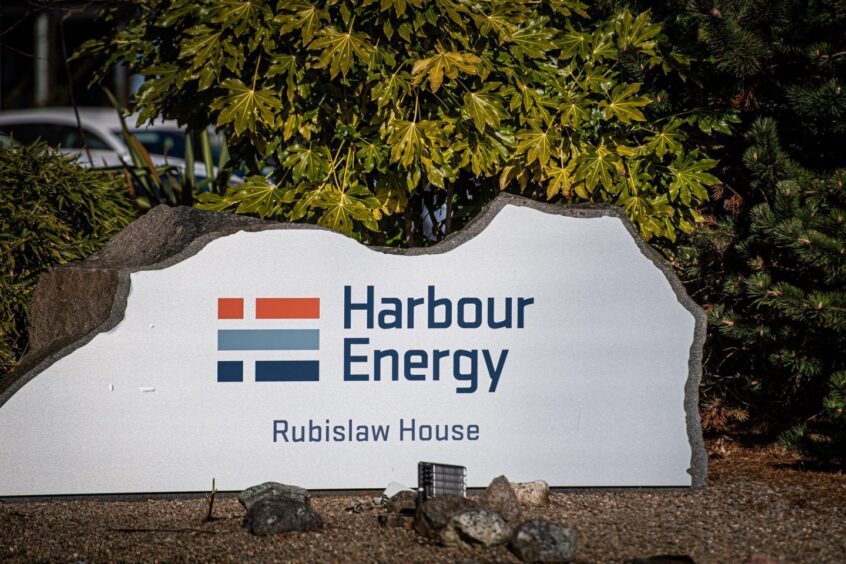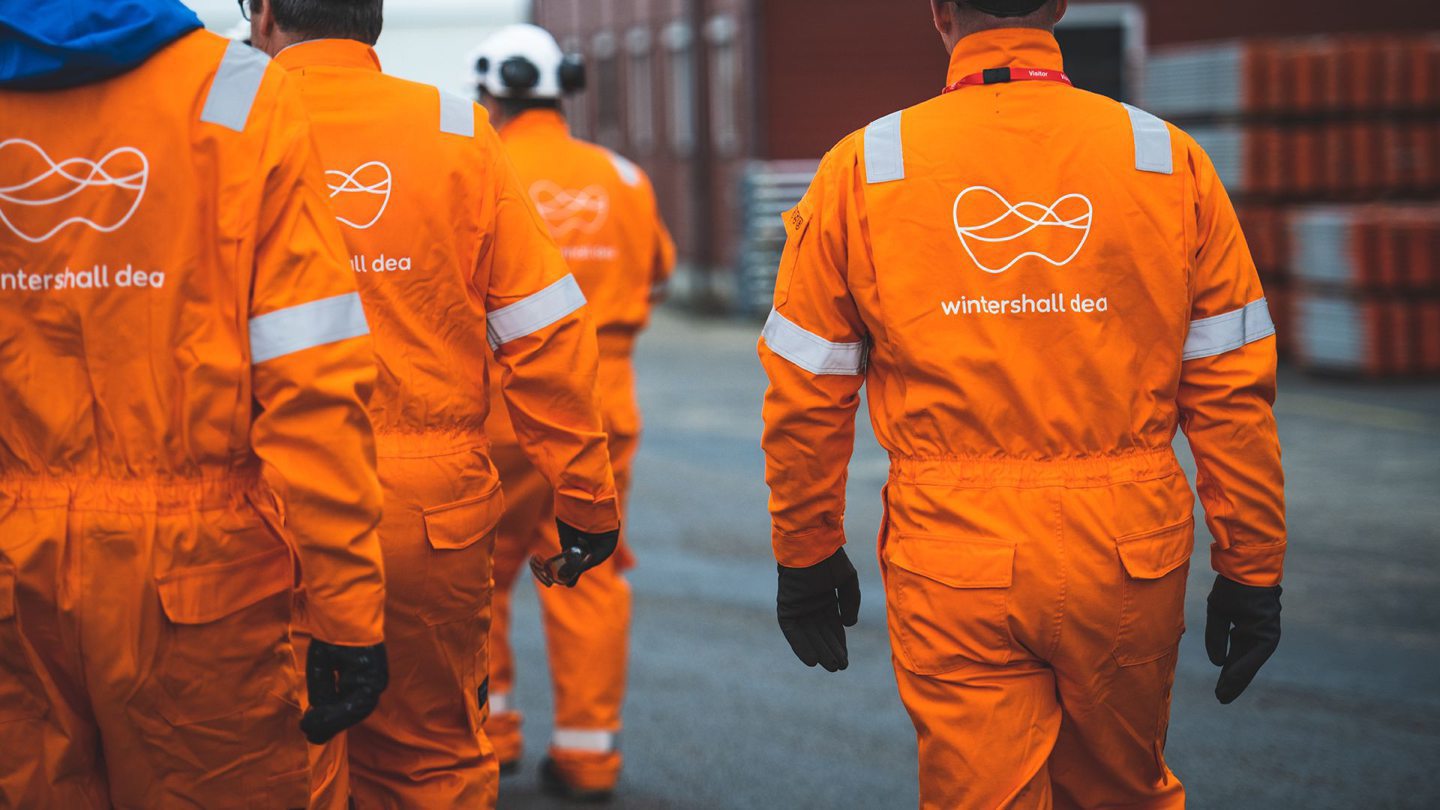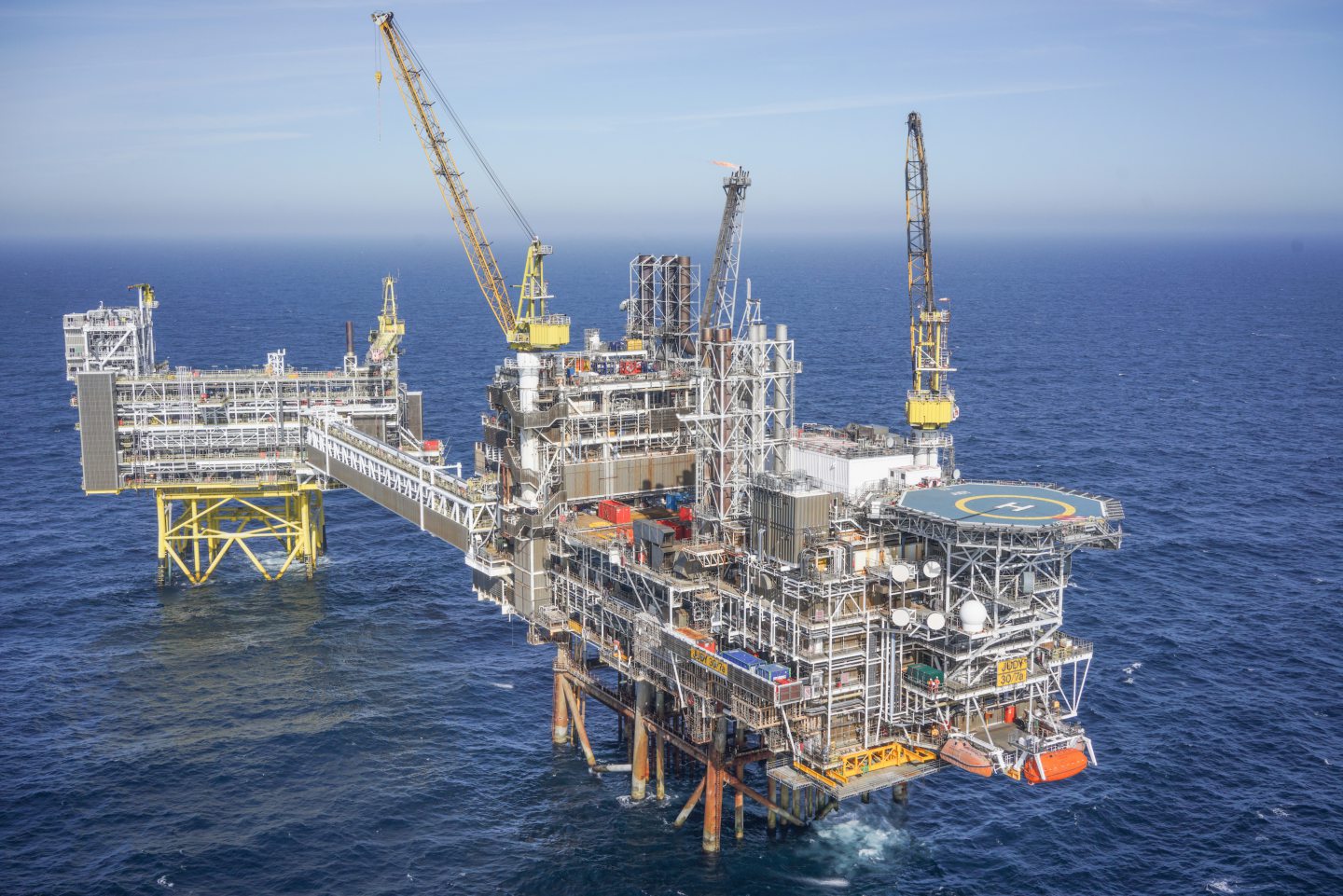
Harbour Energy executives remain confident the company’s planned takeover of Wintershall Dea will get approval from German authorities.
The UK’s largest North Sea oil and gas producer announced plans for a $11.2 billion acquisition of Wintershall in December last year.
If approved, the deal could see Harbour become a major international player and a credible “challenger” to Aker BP.
However, the move has caused concern in Germany with local media branding the deal a “disaster” over its jobs impact.
Negotiations between Wintershall and worker representatives are underway over the potential loss of 850 jobs in Kassel and Hamburg as a result of the Harbour takeover.
The German government is also considering a review over the potential loss of carbon capture and storage (CCS) technology to a non-EU country.
But during an investor presentation outlining Harbour’s 2023 full year results, chief executive officer Linda Cook said the company is confident the deal will go through.
“We’ve also made really good progress on all the regulatory, antitrust and foreign direct investment approval processes, with substantially all necessary filings required having been submitted including those in the UK and Germany,” Ms Cook said.
“These are all progressing as expected, and in fact, we’ve already received the approvals required in a couple countries.
“Given this progress, we’re confident we’re on track to complete the acquisition during the fourth quarter this year.”
German concerns on CCS technology loss
Some of the main concerns raised by German analysts relating to Harbour’s takeover of Wintershall relates to CCS technology, energy security and the potential jobs impact.
However, Ms Cook said so far the acquisition has not come across any regulatory hurdles.
“We’re making good progress, exactly as we expected that we would so no unusual or new concerns in that regard,” she said.
“In Germany in particular, in terms of the concerns raised in various press articles… Wintershall Dea’s production in Germany accounts for less than 1% of Germany’s total gas consumption, so not a big supplier of domestic oil and gas.

“And some of the articles were about CCS capabilities, actually none of the CCS licences in Wintershall Dea are actually in Germany, they’re in other countries [including] Norway, Denmark and the UK.”
Ms Cook said Wintershall’s CCS projects relate to transportation and storage of CO2, and don’t involve the technology required to separate the gas from industrial processes.
“That sort of technology relies on other companies, the actual emitters,” she said.
“So from our standpoint, with respect to some of the concerns raised, we don’t see any issues that would have any impact on our ability to get the transaction approved.”
Harbour attention turns to Wintershall integration
Harbour is so confident in its takeover receiving approval, the company is already working on integrating Wintershall staff into its organisation.
Ms Cook said the company is offering opportunities for Wintershall staff to apply for vacancies within Harbour and assessing the work needed to transition IT systems and transfer assets.
Harbour is also confident the takeover get the nod from its shareholders, with 35% already subject to irrevocable commitments to approve the deal.
With an average of 70% of Harbour shareholders usually turning out to vote, Ms Cook said the company is confident the deal will reach the simple majority required to go ahead.
Harbour’s confidence in the deal is shared by German firm BASF, which holds 72.7% of Wintershall shares.
BASF chief financial officer Dirk Elvermann recently said a review announced by the German economic affairs and energy ministry is standard procedure.
“Wintershall Dea’s assets to be sold do not represent critical infrastructure,” Mr Elvermann said.
Recommended for you

 © Supplied by Harbour Energy
© Supplied by Harbour Energy